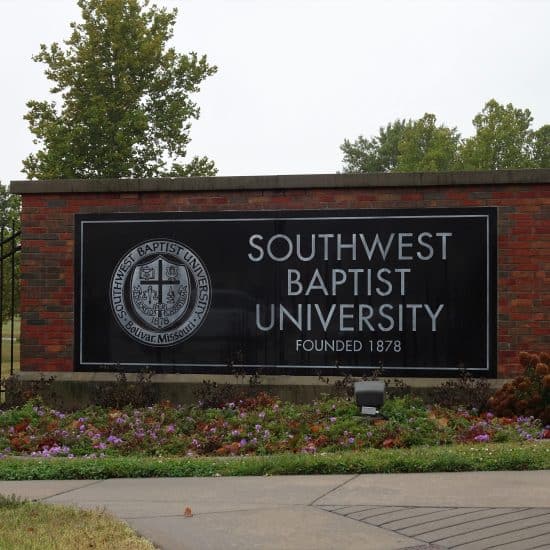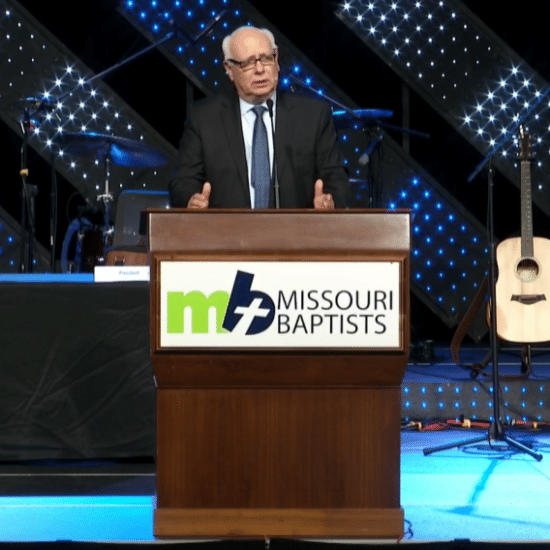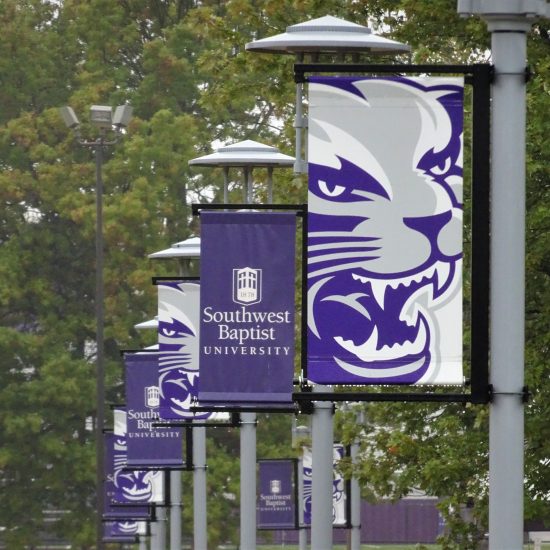
Southwest Baptist University is urging a circuit court judge to approve its new governing documents and reject an effort by a former trustee to intervene. Donald Jump, a Baptist layman in Bolivar, Missouri, where the school sits, filed a petition on Feb. 22 with the Circuit Court of Polk County in an effort to stop the approval of the school’s new governing documents that Missouri Baptist Convention leaders demanded the school adopt.

(Pixabay)
In September, SBU’s Board of Trustees approved the final version of new articles of agreement and bylaws that name the MBC as sole corporate member and declare SBU trustees have a fiduciary responsibility to the MBC. Messengers to the MBC’s 2020 annual meeting approved the new governing documents the next month. The changes came amid a two-year controversy between the MBC and SBU.
After Jump filed his petition requesting intervenor status, SBU responded to the court on Tuesday (March 2). The school argues that Jump should not have standing to intervene.
“The purported Intervenor’s sole basis for asserting intervention as a matter of rights is that he is a former alumnus of Southwest Baptist University and a former board member,” SBU argued. “Such an allegation falls far short of identifying a claim or interest to property of a particular transaction at hand, the transaction here being a simple amendment to the articles of a benevolent corporation.”
SBU’s claim about Jump’s “sole basis” ignored other details mentioned in his petition, including his fundraising efforts for the school and his status as a significant institutional donor. SBU’s response also calls the governing changes “simple” even though the new governing documents change the corporate ownership of the school by naming the MBC as “sole member” and insisting trustees have a fiduciary responsibility to the MBC.
SBU’s response cites three cases as precedent for their arguments, though two of them involve groups who were denied the right to intervene because they had no connection to the nonprofit group filing corporate documents. Rather, in both of those cases the people seeking to intervene claimed usage of the name of the new nonprofit organization but lacked a legal claim to the name.
The other case cited by SBU is a 1909 ruling involving a dispute over the property of a Catholic church in St. Louis. In that case, the St. Louis Court of Appeals decided to respect Catholic polity to decide which group in the dispute should be recognized as lawfully in control. The justices argued that “as far as possible,” the courts should respect “the regulations and customs of the communion” to which a church belongs and “the mode of government in force in the denomination” to “preserve their original form of church government.”
“It would be tyrannical to coerce the different religious communions into the adoption of one rigid type of church government,” the ruling adds.
Thus, the justices ruled in that case based on “the established polity of the Roman Catholic Church, and its hierarchal government.” Baptist polity, on the other hand, is not hierarchal.
While SBU claimed Jump should not be granted standing, their response does note that under the law a judge can appoint someone to intervene. SBU insisted this provision “does not call for public review of the petition nor does it invite public comments of the petition filed with the Court.” Instead, SBU added, “discretion resides with the judge after review of the petition to appoint a competent attorney if the judge ‘entertains any doubt as to the lawfulness or public usefulness’ of the proposed petition.”
A hearing is set for Friday (March 5) to hear various motions.






